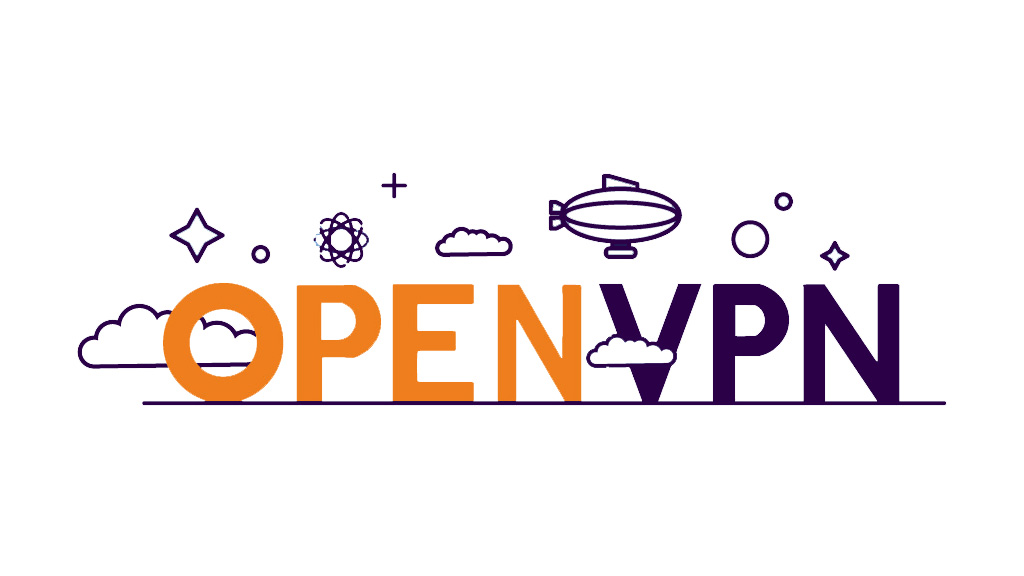What is an Open-Source VPN?
One of the most effective tools for protecting your online activities is a Virtual Private Network (VPN). While there are many commercial VPN services available, open-source VPN software has garnered significant attention. In this blog, we will explore what open-source software in VPNs is, its advantages, popular options, and how it compares to proprietary solutions.
- What is Open-Source Software?
Open-Source Software (OSS) refers to software whose source code is publicly available. This means anyone can inspect, modify, and improve the code. The open-source model promotes collaboration and transparency, allowing developers to innovate faster than in closed environments by identifying and fixing bugs and enhancing features.
- The Intersection of Open-Source Software and VPNs
An open-source VPN is a technology that establishes a secure, encrypted connection over the internet, allowing users to browse the web and access resources while ensuring the confidentiality and privacy of their data. Open-source VPNs leverage OSS principles to provide a transparent and customizable solution for online privacy. Unlike proprietary VPNs, whose code is hidden, open-source VPNs allow anyone to review the code for potential vulnerabilities, ensuring a high level of security and trust. As a result, this category of VPNs is continuously improved by a global network of contributors. This collaborative approach fosters trust and enables users to customize VPN solutions based on their specific needs, making it a versatile tool for online security.
- Advantages of Open-Source VPN Software
1. Transparency: Users can inspect the code for security flaws or malicious elements, enhancing trust in the software.
2. Customizability: Advanced users can modify the software to meet their specific needs, whether that involves adding new features or optimizing performance.
3. Community Support: Open-source projects often have active communities that contribute to their development and provide support through forums and documentation.
4. Cost-Effectiveness: Many open-source VPN solutions are free, making them accessible for budget-conscious users.
5. No-Log Policies: Many open-source VPNs are designed with privacy in mind, not logging user activities to maintain anonymity.
- Disadvantages of Open-Source VPN Software Compared to Proprietary VPNs
While open-source VPNs have many advantages, they also face challenges compared to proprietary solutions:
Usability Challenges: Proprietary VPNs often have user-friendly interfaces that make setup and use easy. Open-source solutions may require more technical knowledge.
Limited Support: Commercial VPN services typically offer customer support, while open-source projects rely on community assistance.
Limited Features: Some proprietary VPNs offer additional features like ad-blocking, malware protection, and dedicated IP addresses that may not be available in open-source options.
- Popular Open-Source VPN Software Options
1. OpenVPN: One of the most popular open-source VPN protocols, OpenVPN is known for its strong security features and flexibility. It supports various encryption standards and can be used across multiple platforms.
2. WireGuard: A newer protocol that has quickly gained popularity for its simplicity, speed, and robust security. WireGuard is designed for easy implementation and auditing, making it a favorite among developers.
3. SoftEther VPN: A powerful multi-protocol VPN software that supports various protocols like OpenVPN and L2TP/IPsec. SoftEther is recognized for its high performance and strong encryption standards.
4. StrongSwan: An open-source IPsec-based VPN solution primarily used for site-to-site connections but also supports remote access. StrongSwan is highly customizable and supports various authentication methods.
- Conclusion
Open-source software in the realm of VPNs offers a transparent, flexible, and community-driven approach to online privacy and security. While they come with some challenges compared to proprietary solutions, their advantages make them a compelling choice for many users looking for reliable protection of their online activities.

